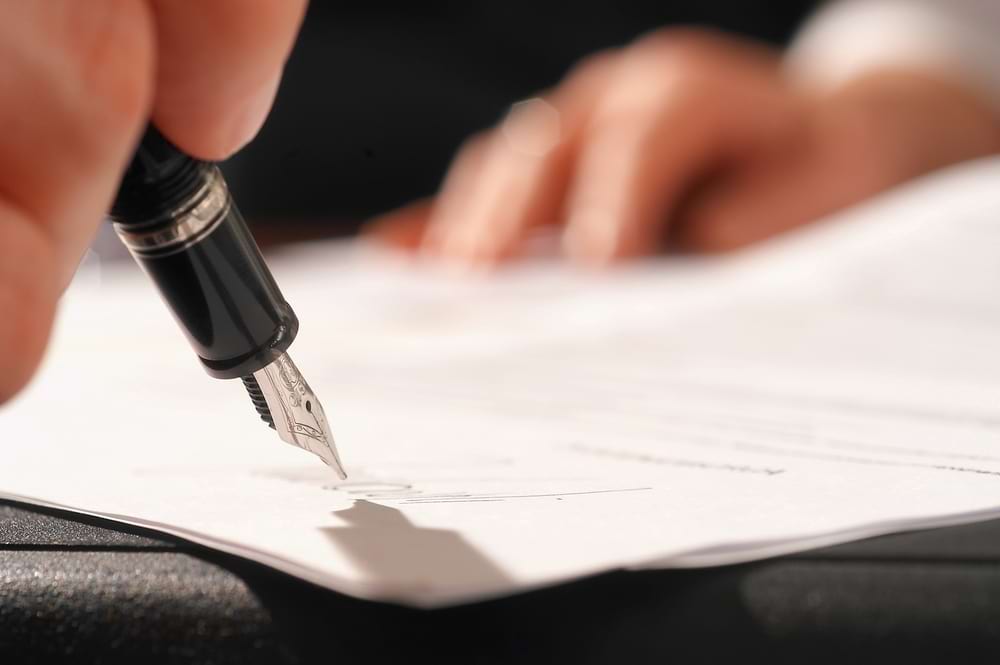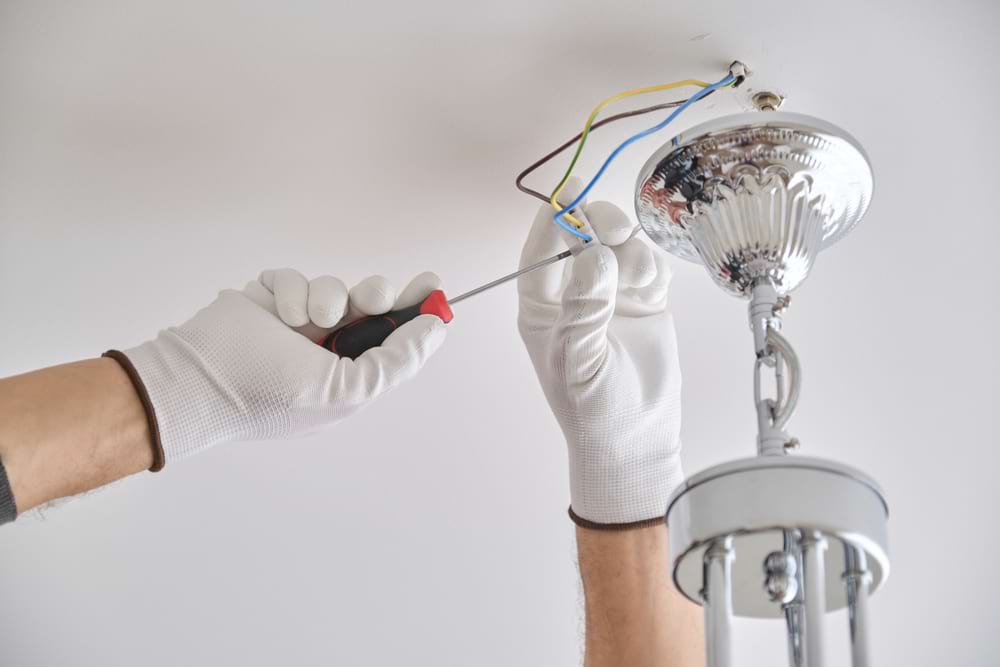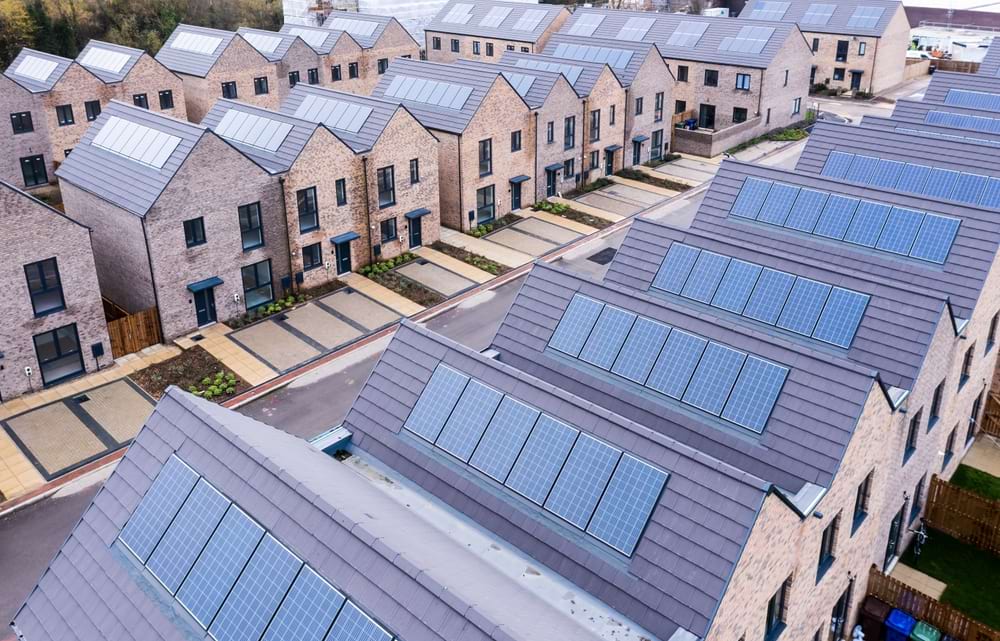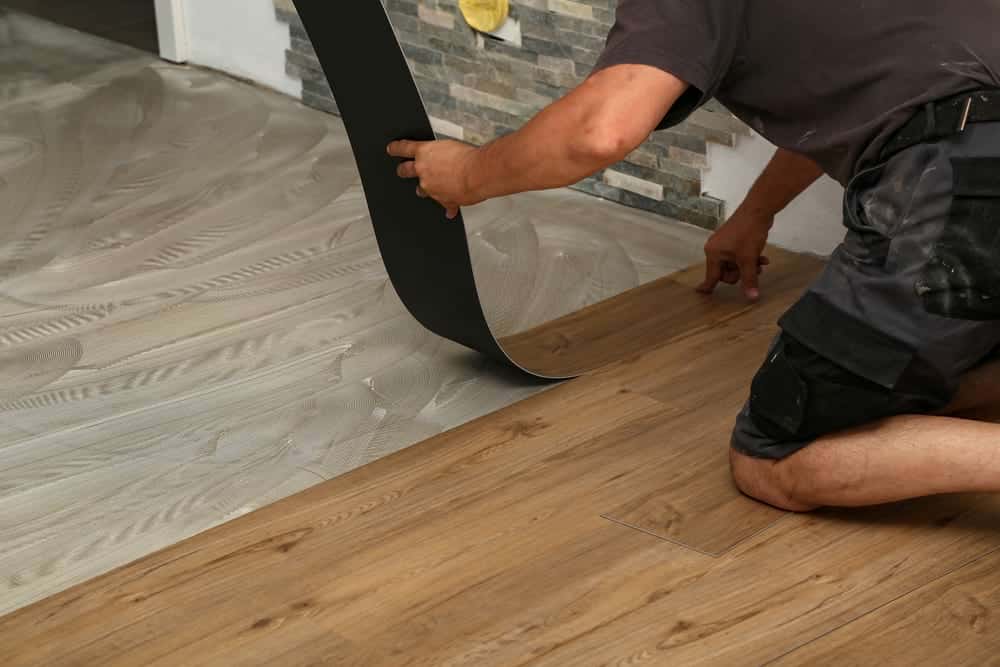Many people will ‘promise’ to buy your house, but whether they mean it is another matter.
So, how do you know that a potential buyer is committed to buying your house?
The answer is often: An exclusivity agreement.
Read on to find out what it is and how it works.
What is an exclusivity agreement?
An exclusivity agreement is written agreement made between a property seller and someone who’s made an offer on their property.
It states that the seller won’t entertain offers from other potential buyers.
An exclusivity agreement is usually created because the buyer needs more time. This could be for several reasons, including:
- To complete searches
- To get a property survey
- To secure a mortgage offer.
They’ll make an up-front deposit to show the seller they’re serious.
Terms of an exclusivity agreement
The terms of the exclusivity agreement can then vary. A few points that might change for each one include:
- The length of time exclusivity lasts for
- How much money the buyer is putting up to prove their commitment
- Whether the buyer can reclaim any costs, e.g. on a survey.
In most agreements, the seller commits to remove the property from the market.
This is done while the buyer gathers everything needed to proceed with the sale. The agreement is thus a written showing of good faith by both parties.
Exclusivity agreements aren’t guarantees
Remember that an exclusivity agreement doesn’t guarantee a sale will proceed.
It just puts both parties’ good faith in writing. And if one party drops out, it can then ensure there’s a price to pay (e.g. a non-refundable deposit).
When do buyers and sellers prefer an exclusivity agreement?
Buyers could be keen to have an exclusivity agreement when there’s lots of competition for the house.
The contract can ‘lock in’ their position as the front-running buyer. It also gives them time to arrange issues around making a purchase.
But sellers might prefer an exclusivity agreement if not many buyers are in the area. Once they find one, they could want to make them commit to a deal – before it’s too late!
How to create an exclusivity agreement
You should speak to a solicitor about drafting an exclusivity agreement.
(It’s not recommended to attempt it independently, as you’re more likely to make costly errors.)
Your exclusivity agreement will usually include all the following:
- Duration of the agreement
- Obligations of each party
- How disputes will be resolved.
This list is not exhaustive. There are plenty more details on top of these.
A solicitor will unlikely charge you more than a couple of hundred pounds to create this.
Advantages of an exclusivity agreement as a seller
Reassurance
An exclusivity agreement can give reassurance to a seller. You’ll feel certain that there’s a willing buyer for your property.
This is especially useful if market activity is slow. The risk of not finding a buyer is then reduced.
Financial protection
You can also create a contract which makes the buyer’s up-front deposit non-refundable.
This gives you financial protection in case they still try to drop out. And you could charge an exclusivity fee. This provides you with more from the sale than you’d otherwise get.
Disadvantages of an exclusivity agreement as a seller
Not guaranteed
No sale is guaranteed to be completed when you enter an exclusivity agreement.
If the contract lasts several weeks or months, you could spend all this time waiting, only to not have a buyer.
Risk
You should thus think carefully about agreement duration, along with the forfeit if it falls through.
Fees
There can be extra fees involved with an exclusivity agreement, too. You’ll need to hire a solicitor to handle the document’s creation.
And if you drop out, the buyer could insist on a fee being payable to them.
Should I enter into an exclusivity agreement when selling my house?
This depends on how active the market is and your property’s value.
If the buyer is offering more than you expected, it could be in your interest to lock them in.
You may also feel keen to lock in a buyer if activity is slow in the market.
However, if you feel confident that you’ll receive other offers at a similar price, it could be counterproductive to sign an agreement.
Similarly, you should also avoid signing an agreement if the potential buyer is going to take an above-average time to complete a sale.



















